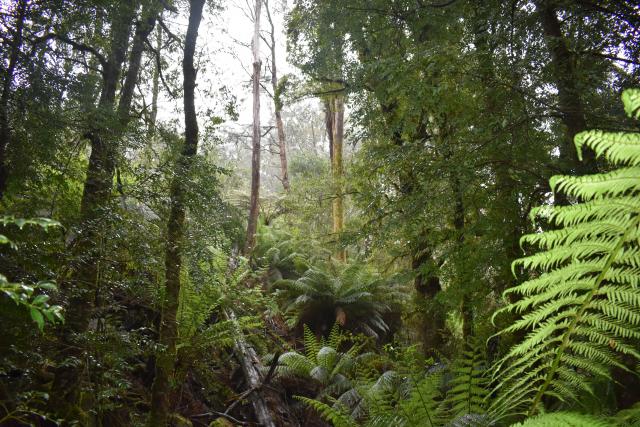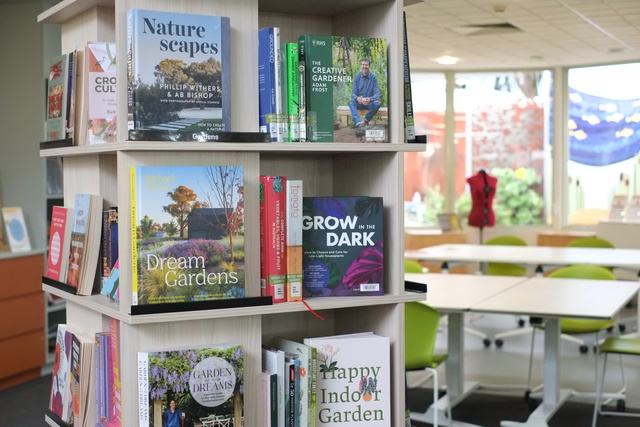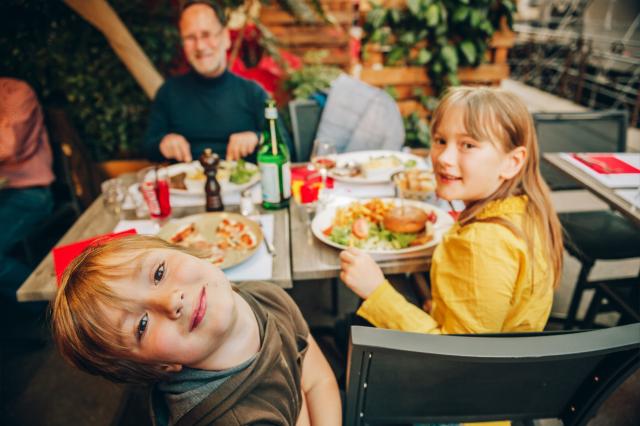A report by the Redbridge Group at the request of the Wilderness Society and Victorian National Parks Association has shown a desire from Victorians to instil more national parks throughout the state.
Political consultancy firm RedBridge surveyed 1518 Victorians between 26 September and 4 October this year to ask their thoughts on the creation of new national parks and what sway it may have on their political views.
Executive Director of the Victorian National Parks Association Matt Ruchel said the numbers show Victorians love national parks and nature, no matter where they live or what walk of life they are from. And importantly they also expect our governments to deliver new ones.
“It’s clear that some action on climate change isn’t enough – the government must do more to show voters they are acting on environment issues,” he said.
“If the government wants to demonstrate its genuine commitment to addressing the environmental issues that Victorians really care about, then keeping its promise to establish new parks and reserves like the long-promised central west parks and Great Forest National Park would be a significant step in the right direction”
84 per cent of those surveyed said national parks held some importance to them (38 per cent very important and 46 per cent somewhat important) while 80 per cent also support the creation of new national parks (36 per cent strongly support and 44 per cent support). Eight per cent opposed new national parks (5 per cent opposed and 3 per cent strongly oppose) and the remaining 12 per cent are unsure.
The support for new parks was largely evenly spread among different areas of Victoria with 79 per cent from rural and regional areas, 81 per cent from the inner and middle suburbs of Melbourne and 82 per cent from the outer suburbs.
85 per cent of young people surveyed (aged 18 to 34) supported the creation of new national parks.
National Campaigns Director for the Wilderness Society Amelia Young said these numbers show Victorians want their government to act on its promise of new national parks and reserves, and they want the Premier to do this without further delays.
“Victorians value and expect new parks and the proper management of existing parks., not recognising this is a failure to understand what really matters to Victorians,” she said.
“There’s a terrific legacy of environment protection and new regional jobs and tourism opportunities here for the taking if the government acts on the evidence and establishes new parks and reserves such as delivering on the promised central west parks, and on visions like the Great Forest National Park proposal, whilst recognising the rights and aspirations of Traditional Owners.”
In terms of potential political credit for action on national parks, 89 per cent of Labor voters, 72 per cent of Coalition supporters and 94 per cent of Greens voters hat were surveyed supported new national parks.
Voters leaned towards increasing (33 per cent) than decreasing (13 per cent) for the current Victorian Labor Government if they deliver the Great Forest National Park and failure to deliver would reduce their support (34 per cent) more than it would increase it (10 per cent).
15 per cent of the Labor voters would consider shifting to other parties/candidates if they did not deliver the Great Forest National Park while 62 per cent of Greens voters would consider shifting if it was delivered. 30 per cent of the Labor voters surveyed also would be more inclined to vote for the Coalition if the current opposition was to support new national parks and ban logging in them.
Of the Coalition voters surveyed said, 59 per cent would consider shifting to other parties/candidates if the Coalition were to oppose new national parks and allow logging in native forests while 36 per cent of those existing supporters would be more likely to vote for them again if they supported new national parks and the logging ban.
President of the Friends of the Leadbeater’s Possum (FOLP) group Steve Meacher said FOLP has supported the campaign for a new national park in the Central Highlands for over a decade. “The Victorian Environmental Assessment Council released an Interim Report in December 2023 that broadly supported the concept, logging in public native forests has now ceased and this new polling shows that most Victorian voters value their parks and, in particular, support the creation of a Great Forest National Park,” he said.
“The time has come for the Allan government to act.”
A report from the Eminent Panel for Community Engagement on the future of the forest of the Central Highlands was expected to be complete by mid-2024 in order for the Victorian Government to review it by the end of the year, but this report has not been released.
On Thursday 28 November, the Victorian Government also announced a ‘comprehensive review’ and the departure of Parks Victoria CEO Matthew Jackson.
Speaking to the media following the announcement, Minister for the Environment Steve Dimopolous said the Victorian Government’s three new national parks committed to in 2021 in the central-west were all that’s in the frame for national parks at this stage.
“We committed to three national parks at Mount Buangor, the Pyrenees and Wombat-Lederberg in 2021 and it will be coming to Parliament very soon to enact and complete the promise we made to the community three years ago,” he said.
“There are no new national parks on the agenda, we have two reports we’re going to respond to; one is the Eminent Panel for Community Engagement (EPCE) and the other one is the Great Outdoors Taskforce, which is yet to land,”
“The mainframe there is for more opportunities for people to get out, and enjoy the Great Outdoors… more camping, more mountain bike riding, more four-wheel driving, more bird-watching, more trail hikes, and all those other things, this is a rare opportunity to strategically plan an area which you could not previously plan because we were harvesting timber, now it’s becoming a community asset.”







